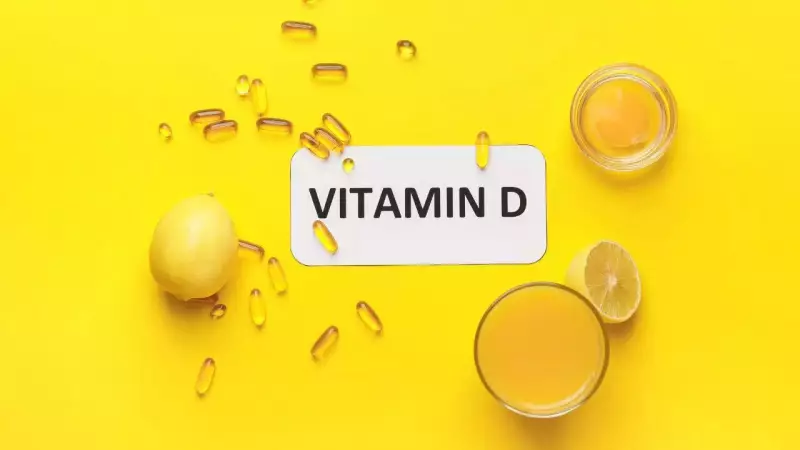
Vitamin D, often called the 'sunshine vitamin,' has become the poster child of nutritional supplements, especially in India where deficiency rates remain alarmingly high. But here's the shocking truth: there can be too much of a good thing, and Vitamin D is no exception.
The Double-Edged Sword of Vitamin D
While Vitamin D is crucial for bone health, immune function, and overall well-being, excessive supplementation can trigger a cascade of health problems that many Indians remain unaware of. The very vitamin that strengthens your bones could potentially weaken your entire system if taken in extreme amounts.
When Protection Becomes Poison: The Hidden Dangers
Hypercalcemia - the medical term for excessive calcium in your blood - stands as the most significant risk of Vitamin D overdose. This condition doesn't just cause discomfort; it can lead to serious health complications including:
- Kidney stones and potential kidney damage
- Nausea, vomiting, and poor appetite
- Bone pain and muscle weakness
- Frequent urination and excessive thirst
- Confusion and disorientation
The Indian Context: How Much is Too Much?
For the average Indian adult, the recommended dietary allowance ranges between 600-800 IU per day. However, many over-the-counter supplements contain significantly higher doses, putting unaware consumers at risk.
The danger zone typically begins at consistent daily intake of 4,000 IU or more, though individual tolerance varies. The scary part? Symptoms might not appear immediately, making silent damage a real possibility.
Who's Most at Risk?
Certain groups need to be particularly cautious about Vitamin D supplementation:
- People with existing kidney conditions
- Those taking certain medications (especially for heart conditions)
- Individuals with hyperparathyroidism
- People who take multiple supplements containing Vitamin D
The Safe Approach to Vitamin D Supplementation
Before jumping on the supplementation bandwagon, consider these essential steps:
- Get tested: A simple blood test can determine your actual Vitamin D levels
- Consult healthcare professionals: Never self-prescribe high-dose supplements
- Embrace natural sources: Safe sun exposure and Vitamin D-rich foods can often meet your needs
- Read labels carefully: Many multivitamins already contain Vitamin D
Remember, Vitamin D is fat-soluble, meaning excess amounts get stored in your body rather than being excreted like water-soluble vitamins. This storage mechanism is precisely what makes overdose possible and potentially dangerous.
The key takeaway? While Vitamin D deficiency is a genuine concern in India, the solution isn't mindless supplementation. Smart, informed choices based on actual needs and medical guidance will ensure you reap the benefits without suffering the consequences of excess.





